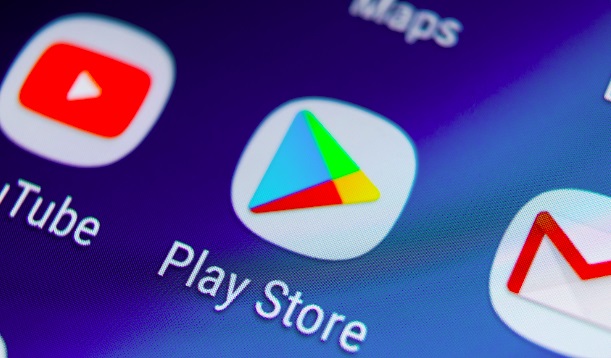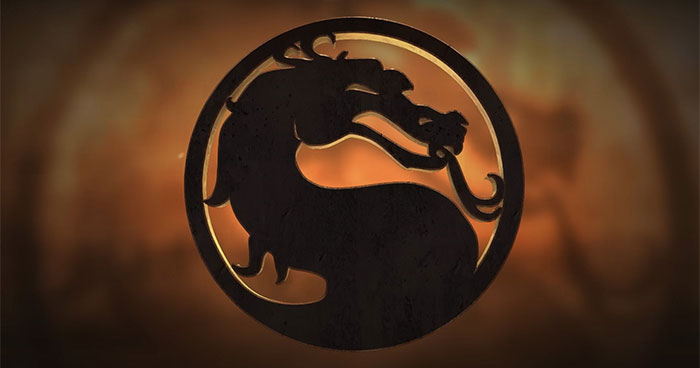Why some of the most popular apps always have to do something with gaming
In this article, we will explore the reasons why gaming is so closely linked to popular apps, including social media, messaging, and entertainment apps. Understanding this connection is important for app developers, gamers, and consumers alike, as it sheds light on the role that gaming plays in our everyday lives and how it impacts the development of new technology. Additionally, we will touch upon the prevalence of gambling apps in the app market and their potential influence on the gaming industry.

The Connection between Gaming and Popular Apps
With the widespread use of smartphones and tablets, mobile gaming has become more popular than ever before. As a result, many popular apps today have some form of gaming component, whether it be a standalone game or a feature that allows users to play games with friends or other users. Mobile gaming offers a convenient and accessible way to play games on the go, and many developers are taking advantage of this trend by creating games that are specifically designed for mobile platforms.
In recent years, there has been a growing trend of integrating gaming elements into non-gaming apps. For example, fitness apps may use gaming mechanics such as points, rewards, and leaderboards to motivate users to exercise regularly. Language-learning apps may use game-like features such as quizzes, challenges, and levels to make the learning process more engaging and enjoyable. This integration of gaming elements into non-gaming apps has been shown to increase user engagement and retention, leading to the overall success of the app.
Social gaming has also become a major trend in the app world. Many popular apps today have a strong social component, with users able to connect and play games with friends and other users around the world. Social gaming offers a sense of community and competition, allowing users to engage with each other and share their gaming experiences. With the rise of social media and online communication, social gaming has become an increasingly important aspect of the gaming industry and popular apps.
The Role of Gaming in App Monetization
Gaming apps often utilize freemium models that offer free access to the basic game, with optional in-app purchases for enhanced gameplay or additional features. This model has become increasingly popular in the mobile gaming industry and has proven to be an effective way of monetizing apps without charging for the initial download. In-app purchases have become a key source of revenue for game developers, and are now commonly used in non-gaming apps as well.
Another significant way in which gaming has impacted the app market is through the rise of gambling apps. Online gambling has become increasingly popular in recent years, and the convenience of mobile devices has led to the development of numerous gambling apps. These listed gambling apps allow users to place bets on various games or events, including sports betting and casino-style games. While controversial due to concerns over addiction and problem gambling, these apps have become a significant source of revenue for the mobile app industry.
In addition to in-app purchases and gambling, many gaming apps also rely on advertising and sponsorship deals for monetization. Advertising can come in the form of in-game ads or sponsorships from other companies, while sponsorships can provide significant revenue for game developers. Many popular apps have partnered with major brands for sponsorship deals, leveraging the app's large user base for exposure and revenue.
The Impact on App Development and Marketing
With the increasing popularity of gaming apps, the competition in the app market has become more intense. To stay competitive, developers need to come up with innovative features, engaging gameplay, and unique marketing strategies. This has led to a significant boost in the quality of apps and has forced developers to improve their products continuously to keep up with the latest trends.
The integration of gaming features into popular mobile apps has presented new opportunities for monetization and revenue for both the developers and the app stores. For instance, app stores such as Google Play and the App Store earn a percentage of the profits from in-app purchases and other monetization strategies used in gaming apps. This trend has led to the emergence of a new category of gaming apps that focus on generating revenue through innovative and engaging gaming experiences, which in turn drives increased user engagement and app store rankings.
With the increasing competition in the app market, user engagement and retention have become critical to the success of an app. Developers are continuously looking for new ways to keep users engaged, and gaming elements such as levels, rewards, and competitions have proven to be effective in achieving this goal. The inclusion of gaming elements in popular apps has also made it easier to attract and retain users, resulting in higher user engagement and better overall retention rates.
Key Takeaways
The connection between gaming and popular apps is undeniable. As the popularity of mobile gaming continues to grow, more non-gaming apps are integrating gaming elements to attract and retain users. The rise of social gaming has also contributed to the integration of gaming in popular apps. Along with gaming, the monetization of apps through in-app purchases, advertising, and sponsorship deals has become a common strategy. The controversies and concerns related to gambling apps are a reminder of the importance of ethical and responsible gambling, app development and marketing. As the app market becomes more competitive, the key to success is user engagement and retention. In the future, we can expect to see continued integration of gaming and other interactive elements in popular apps, providing new opportunities for app developers and marketers.
You should read it
- 5 Common Gambling Mistakes You Should Avoid
- The Advantages And Disadvantages Of Using Mobile Devices For Real Money Gambling
- Top 10 Pieces of Advice for Safe Gambling
- Gambling for Bitcoin
- Safer Gambling Innovations From the UKGC
- Evolution Of Gambling in the US
- How to Choose the Best Gambling Software for Sale
- 5 Technological Advancements within the Sports Gambling Business
- Best Smartphones and Technology for Mobile Online Gambling
- Another IOS Scam: Kids' Games Hide Gambling Dens
- The Future of Online Gambling in Australia
- How Does Gambling Improve Your Mental Health






 Top best gaming desktops
Top best gaming desktops What is a gaming keyboard? Is it worth the money?
What is a gaming keyboard? Is it worth the money? How to choose the best Gaming apps on iOS
How to choose the best Gaming apps on iOS Creating your own gaming event – what do you need?
Creating your own gaming event – what do you need? Six Apps That Are Reinventing Mobile Gaming
Six Apps That Are Reinventing Mobile Gaming 4 free Cloud Gaming apps to help you play games right on your phone
4 free Cloud Gaming apps to help you play games right on your phone